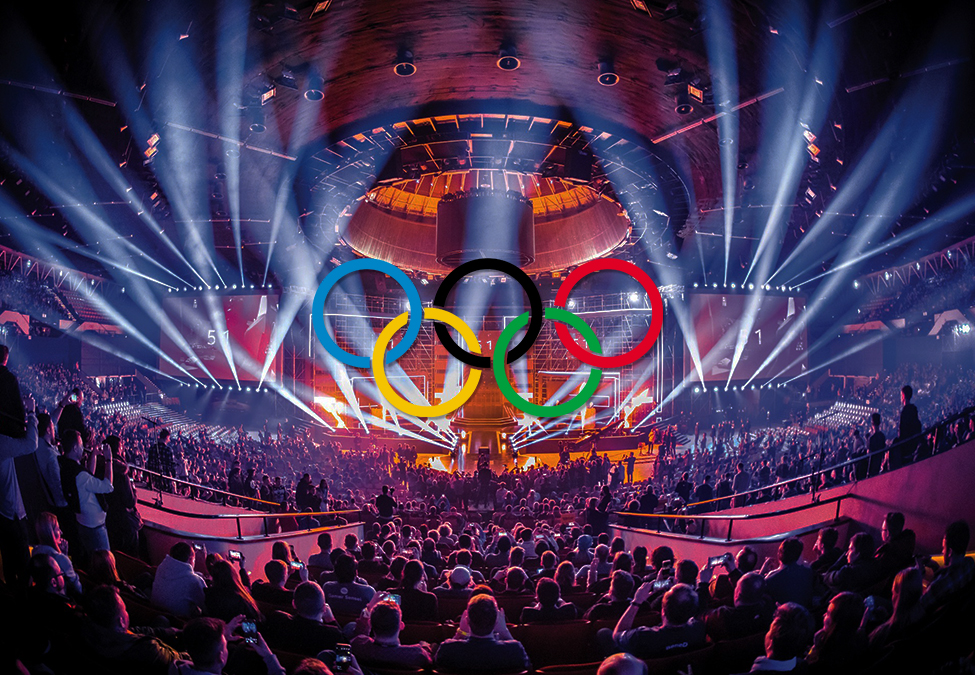The International Olympic Committee (IOC) is set to meet with both esports companies and players at a summit in Lausanne, Switzerland. In an interview with sport1, Thomas Bach, President of IOC explained that a one-day esports summit will take place in the latter part of July.
The purpose of this summit is “to enter into a dialogue with the gaming industry and the athletes, and in due course, approach the stakeholders of the Olympic Movement again,” explained Bach.

Bach was clear in his view that the Olympics hasn’t, and never will, stand for – or promote – violence. Games such as Counter-Strike: Global Offensive heavily involve shooting and the involvement of ‘terrorists’, which could well be an obstacle for esports in terms of entering mainstream places such as the Olympics. “We need to draw a red line and make it clear that killer games can never be part of the Olympic Movement,” said Bach.
He added: “esports is clearly an exciting and growing sector in which millions of young people worldwide regularly engage in. The Olympic movement cannot ignore such a phenomenon by any means.”
Just earlier this week it was revealed that six titles would be used to highlight esports as an Official Demonstration Sport at the 2018 Asian Games. This competition is recognised by the IOC as the second largest event of its kind, dwarfed only by the Olympics itself.
This summit won’t be the first interaction between Olympic figures and esports. Their organisation supported IEM PyeongChang ahead of the Olympic Winter Games, and esports was officially recognised as a sport by the IOC in November 2017. The Olympic Channel planned to utilise esports to engage young audiences after the Pyeongchang Olympics, too.
Esports Insider says: Esports is snowballing and is becoming way too popular for those in traditional sports to ignore it, as proven by the increasingly-frequent dialogue between gaming and those behind the Olympics. With the organisation’s strong stance on having no violence involved, it does beg the question as to whether CS:GO – one of the most popular esports titles – would automatically be illegible for selection should the IOC choose to embrace the sport.

